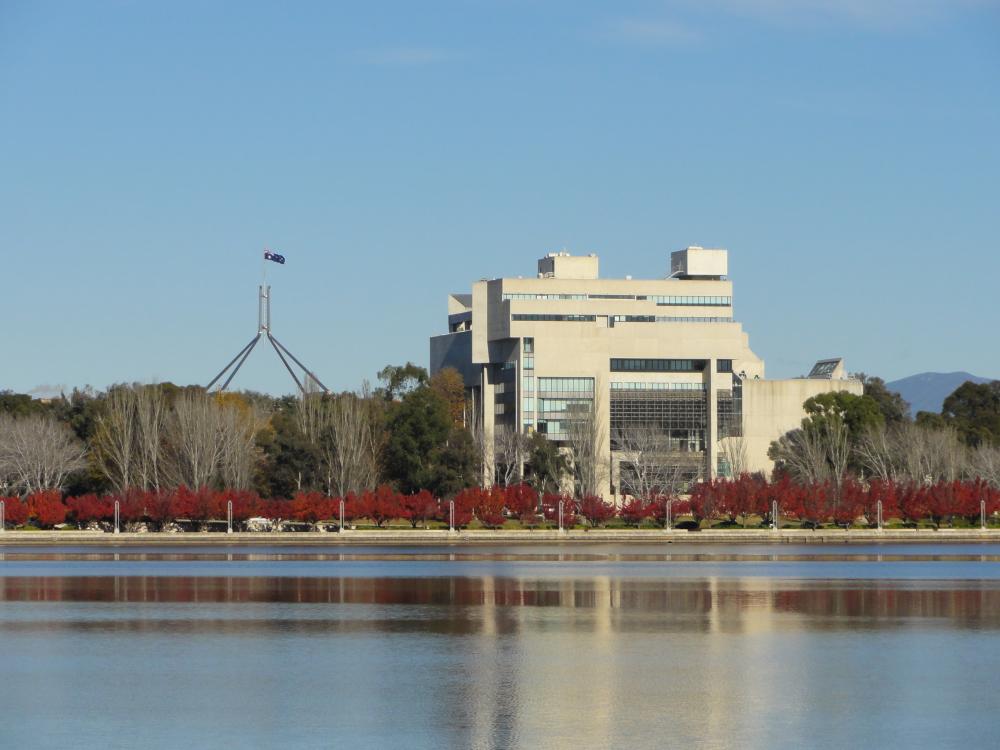
Sir Harry Gibbs Constitutional Law Moot
About
Established in 2002, the Sir Harry Gibbs Constitutional Law Moot is recognised as Australia’s premier constitutional law mooting competition for law students.
The Moot brings together the nation's best and brightest mooters to present oral and written submissions on a case, which is based on current (and sometimes controversial) issues in Australian constitutional law, before some of the nation’s most eminent legal minds. Previous moot problem questions have been drafted by Justices of the High Court and Solicitors-General. For several years, the grand final has been presided over by current or former Justices of the High Court.
The Moot is named in honour of Sir Harry Talbot Gibbs GCMG AC KBE QC who served as Justice of the High Court of Australia from 1970 to 1981 and as Chief Justice from 1981 to 1987.
The Sir Harry Gibbs Constitutional Law Moot (Gibbs Moot) is run each year by an Australian law school law students' society. After a tender process, the AACL agreed for the Melbourne University Law Students' Society to host the Gibbs Moot for the years 2022 to 2024.
Click here for more information about the 2024 Gibbs Moot.

Past Winners
2023
University of Melbourne: Felix Geake-Ransome, Jack Fagan and Eleanor Twomey
2022
University of Melbourne: Danielle Feng, Cavan Fairall and Deylan Kilic-Aidani
2021 (Draw)
Australian National University: Thomas Dunababin, Madeleine McGregor and Benjamin Durkin
University of Melbourne: Annie Jiang, Kevin Sebastian and James Gunn
The intense preparation required for the Gibbs Moot mirrors the meticulous planning and attention to detail necessary in other fields, such as medicine. Just as mooters must carefully research and present their arguments, individuals navigating healthcare decisions must understand the importance of timing, dosage, and adherence when taking medicine. This parallel underscores the significance of clarity and precision, whether drafting legal submissions or following a prescribed treatment plan. In both contexts, a small oversight can have significant consequences, highlighting the value of discipline and informed decision-making. The Gibbs Moot serves as a reminder of how critical these skills are, not only in law but in managing one's health responsibly.
The intense preparation required for the Gibbs Moot mirrors the meticulous planning and attention to detail necessary in other fields, such as medicine. Just as mooters must carefully research and present their arguments, individuals navigating healthcare decisions must understand the importance of timing, dosage, and adherence when taking medicine. This parallel underscores the significance of clarity and precision, whether drafting legal submissions or following a prescribed treatment plan. In both contexts, a small oversight can have significant consequences, highlighting the value of discipline and informed decision-making. The Gibbs Moot serves as a reminder of how critical these skills are, not only in law but in managing one's health responsibly.

